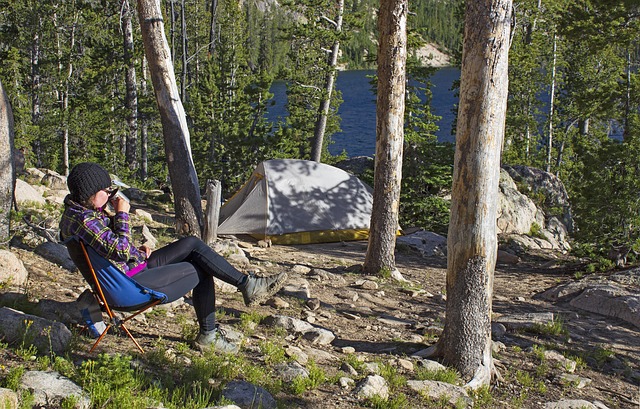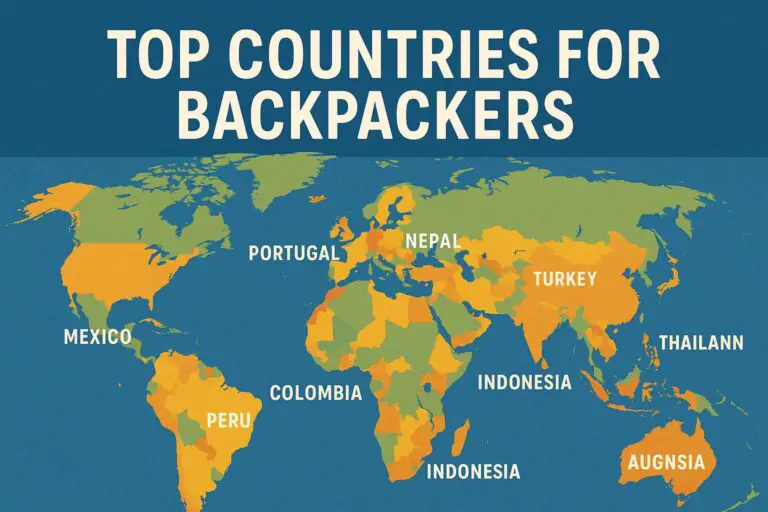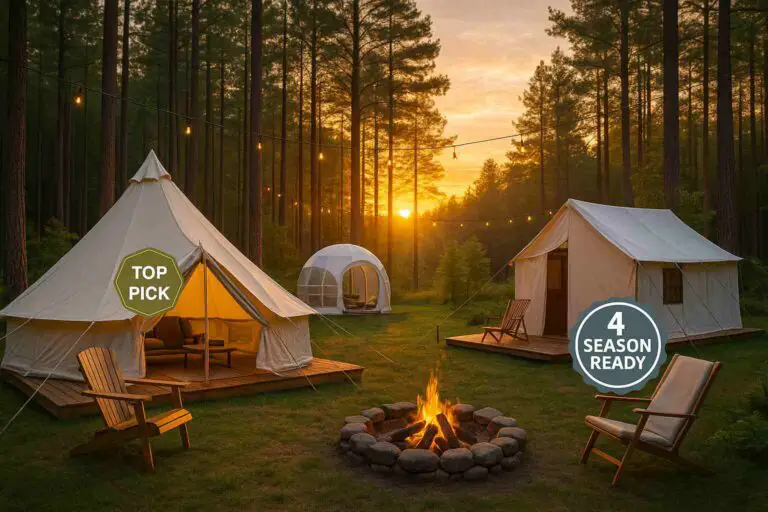Camping is a popular outdoor activity enjoyed by people of all ages and backgrounds. However, one concern that is often raised, particularly by women, is whether camping is safe. With the potential risks associated with being in the wilderness and the possibility of encountering wildlife or other dangers, it’s understandable to have reservations about camping.
Camping can be safe for a woman with proper planning and precautions. If choosing a safe camping location, selecting appropriate gear, researching the area, informing others about plans, and following safety tips, women can minimize potential risks and enjoy a safe and memorable camping experience.
In this post, I will explore the question of whether camping is safe for women and provide tips and resources for ensuring a safe and enjoyable camping experience. Despite the potential risks, I believe that with proper planning and precautions, camping can be a safe and empowering activity for women to enjoy.
Understanding the risks
It’s important to be aware of the potential risks associated with camping, particularly for women. Some of the risks include:
- Crime: Women may be vulnerable to crimes such as theft, sexual assault, and harassment in camping areas. According to a study by the National Park Service, women reported being victims of sexual harassment or assault in national parks and forests at a higher rate than men.
- Weather: Extreme weather conditions such as storms, heat waves, or cold snaps can pose a risk to campers, especially if they are not properly prepared.
- Wildlife: Encounters with wildlife such as bears, snakes, or insects can be dangerous if proper precautions are not taken.
- Accidents: Hiking, rock climbing, and other outdoor activities can be risky if proper safety measures are not taken.
- Health: Inadequate food, water, and sanitation facilities can cause health problems, particularly for women who may have specific hygiene needs.
Preparing for a safe camping trip
Preparation is key to ensuring a safe camping trip, especially for a woman. Here are 4 essential tips for preparing for a safe camping trip:
- Choose a safe camping location: Research camping areas in advance and choose a location that has a good safety record. Consider factors such as the level of security, the availability of emergency services, and the level of wildlife activity in the area.
- Select safe camping gear: Make sure your camping gear is in good condition and appropriate for the conditions you will be facing. For example, bring a reliable tent and a warm sleeping bag if you will be camping in colder weather.
- Research the area for potential risks: Learn about the potential risks in the area where you will be camping, such as wildlife activity, weather patterns, and terrain. This will help you prepare for any challenges you may face and take appropriate safety measures.
- Inform others about your camping trip: Let friends or family members know where you will be camping, when you plan to return, and any emergency contact information they may need. This way, if anything goes wrong, someone knows where to find you and how to get help.
By taking these precautions, women can reduce their risk of encountering danger while camping and ensure a safer and more enjoyable experience.
Safety tips while camping
Here are 4 safety tips for women while camping:
- Setting up camp safely: Choose a safe and visible location to set up your campsite. Avoid areas that are hidden from view or in isolated areas. Make sure to properly secure your tent and belongings to prevent theft.
- Traveling safely in the wilderness: Stick to designated trails and avoid going off-trail, which can be dangerous and increase the risk of getting lost. Be aware of your surroundings and stay alert for potential risks such as wildlife, unstable terrain, or hazardous weather conditions.
- Tips for personal safety while camping: Avoid camping alone if possible. If you must camp alone, let someone know where you will be and when you plan to return. Carry a whistle, flashlight, and other personal safety devices with you. Trust your instincts and leave an area if you feel uncomfortable or threatened.
- Handling wildlife encounters safely: If you encounter wildlife, stay calm and try to avoid startling the animal. Keep a safe distance and never approach or feed wildlife. Make noise to alert animals to your presence, carry bear spray or other wildlife deterrents, and know how to use them in case of an attack.
Resources for women campers
There are several resources available for women interested in camping. Here are 4 examples:
- Outdoor Women’s Alliance: This organization offers resources and community for women interested in outdoor activities such as camping, hiking, and climbing. They provide a variety of resources, including education, mentorship, and community events.
- She Explores: She Explores is a community of women who share stories and resources about their experiences in the outdoors. Their website offers resources on various outdoor activities, including camping, hiking, and backpacking.
- Girls Who Hike: Girls Who Hike is a community of women who share a passion for hiking and outdoor adventure. They organize hikes and camping trips for women across the United States and offer a variety of resources, including gear recommendations and safety tips.
- REI Women’s Adventures: REI offers a variety of women-only outdoor adventure trips, including camping and backpacking trips. These trips are led by experienced female guides and provide a supportive environment for women to learn new skills and make connections.
Conclusion
In conclusion, while there are potential risks associated with camping, a woman can have a safe and enjoyable camping experience with proper planning and precautions. By understanding the risks, choosing a safe camping location, selecting appropriate gear, researching the area, and informing others about their plans, women can minimize potential dangers while camping.
Additionally, by following safety tips such as setting up camp safely, traveling safely in the wilderness, and handling wildlife encounters properly, women can further reduce their risk of encountering danger while camping.
Finally, resources such as Outdoor Women’s Alliance, She Explores, Girls Who Hike, and REI Women’s Adventures offer valuable support, education, and community for women interested in camping and other outdoor activities. With these tools, women can confidently enjoy the great outdoors through camping.
Here are some other helpful resources on our website:
60+ Ideas For A Memorable Adult Camping Trip
Fun Camping Activities For Couples








